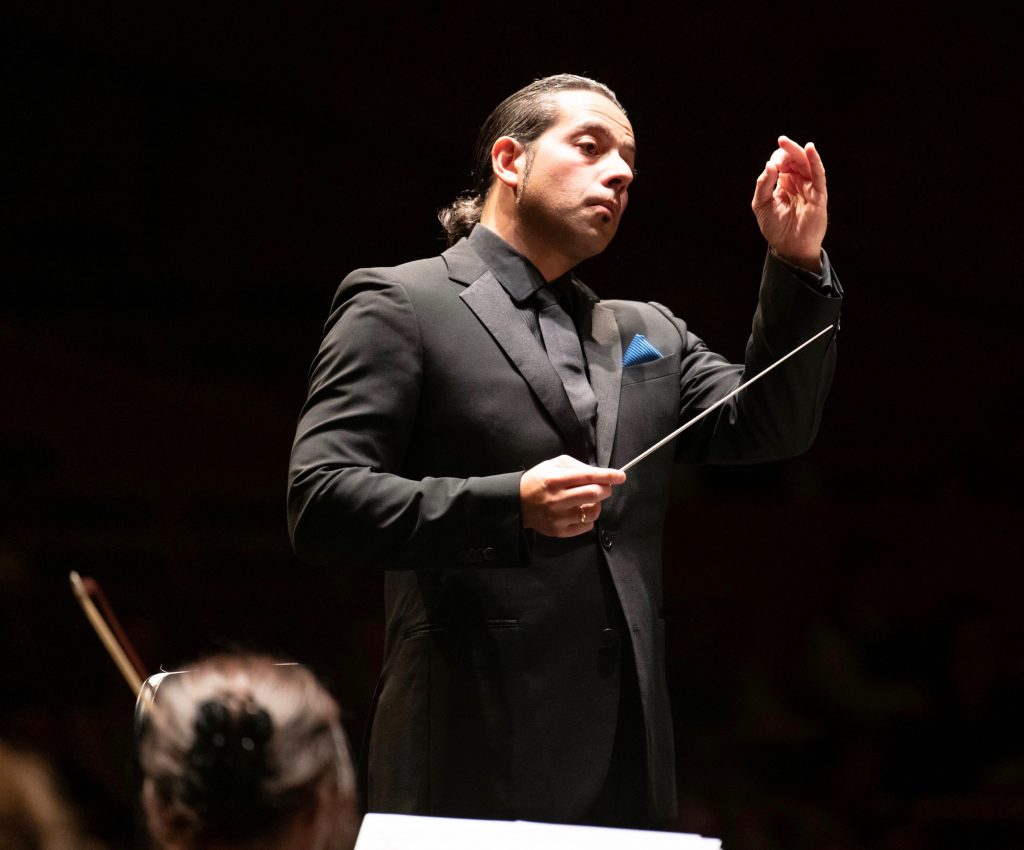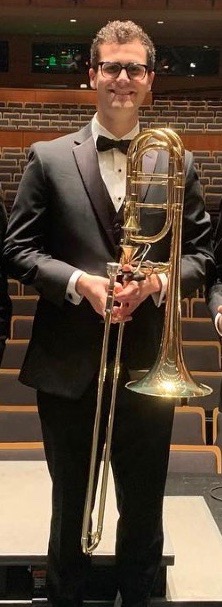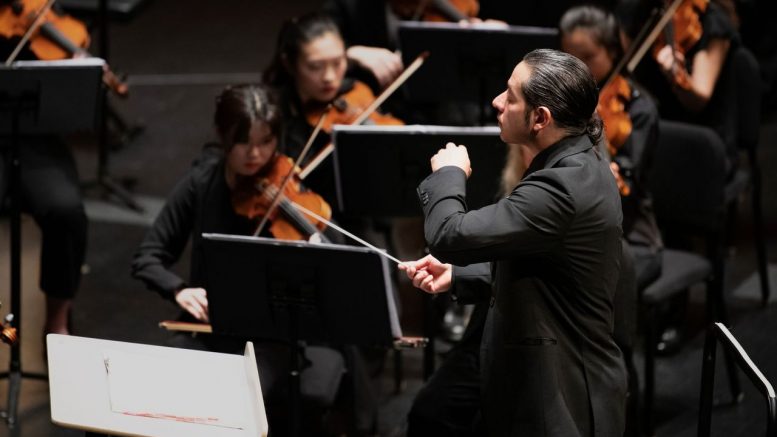By Patti Roberts
Performing arts such as theater, orchestra and dance are usually done before a live audience – and often based on a wide range of collaboration.
Many performers and their production teams begin honing their art at the college level, having face-to-face interaction with professors and fellow artists as they launch performances for appreciative audiences.
So, what happens to the teaching of, and the participation in, performance arts classes when all this collaboration is suddenly taken away? What will be the impact from decisions made two years ago when COVID shut everything down?
SN&R reached out to Los Rios Community Colleges, California State University Sacramento and University of California Davis to find out how professional arts professors and students have navigated this unique situation. There have been disappointments, including cancellations and lack of opportunities, but there’s also been innovation and creative solutions along the way.
Interviews with professors and students give voice to the highs and lows of the strange roller coaster they’ve been on from remote teaching and learning, to imaginative approaches to stage performances.
This is the first in a three-part series, broken down into three performance arts programs at different colleges and universities, that gives us a glimpse into what they have gone through.
Part One is orchestra classes at University of California Davis, Part Two will be drama classes at Los Rios Community Colleges, and Part Three will be dance classes at California State University Sacramento.
Orchestra

Students in upper-level music programs are generally learning to play not only their instruments, but also learning to play in collaboration with other band and orchestra musicians. So, when both individual and group classroom learning was abruptly closed due to COVID in Spring 2020, there was a scramble to figure out how to continue.
For Professor Christian Baldini, Music Director and Conductor of the University of California Davis Symphony Orchestra, there was a sudden learning curve on how to teach remotely, how to keep an orchestra together, and how to keep students motivated.
“We had to become very flexible,” said Baldini. “Trying to make music remotely is virtually impossible. But we can indeed find ways to motivate, inspire, and keep promoting curiosity and awareness in our students.”
Baldini created an online course where orchestra students could experience what he calls the “conductor’s kitchen,” a venue to introduce them to the world of opera. He invited world-renowned guests to participate, including opera director Francesca Zambello, superstar Michelle DeYoung, composers Jimmy Lopez-Bellido, Oscar Strasnoy, as well as concertmasters and musicians from various international orchestras and solo performances.
Baldini is also a composer and a member of Sacramento’s Camellia Symphony Orchestra, which meant his professional career was impacted as well.
“For all of us performers and composers, the lockdown has been devastating due to cancellations of performances, trips, premieres and tours,” he acknowledged. “Nothing replaces the power and beauty of a live performance. But as a professor and conductor, I try and find ways to motivate, inspire, and keep promoting curiosity and awareness in our students.”
Baldini also created “remote orchestra” projects that included an online performance of Mahler’s Urlicht, with ballet dancers from Buenos Aires, Sacramento and Davis joining in (https://youtu.be/13pzK_LkWkQ), and a “hybrid” online concert with a few students playing in the orchestra hall while most played remotely from home
For Jonathan Minnick, bass-trombonist for the UC Davis Symphony Orchestra and PhD candidate in Musicology, the closure of classrooms due to COVID was abrupt. Minnick is set to graduate this spring.
“Initially, I was shocked,” Minnik recalled. “I actually stopped practicing for a little while. Overall, I think I lost a bit of ‘purpose’ while on shutdown. Early on, practicing didn’t feel necessary, except for my own benefit, because there weren’t any performing opportunities or projects.”
But then Minnick started doing some recording of his own playing, because he was stuck in his house all day, and found himself learning new technology in recording and in Zoom presentations.
“The learning process took a bit for me to adapt to,” said Minnik. “Everyone was trying to learn Zoom and how to communicate virtually, and music was really difficult at first. Lessons were nearly impossible, though we could have discussions and watch videos of performances, which was informative and entertaining.”
Both the practice and his growing knowledge of technology made online performances go more smoothly.
As the tech improved, everything got easier and faster and it felt as “normal” as normal could be, given the circumstances,” Minnik explained.
But what he missed by playing in person were “the subtle gestures, sounds, feelings that one gets while playing live with others that you will never experience over zoom.”
Recently, musicians of the UC Davis Symphony Orchestra have begun playing together again in the same location.

“Everyone was slightly nervous but overall excited to start performing live again,” Minnik said. “While we do wear masks and take preventative measures, we’re playing again. I was reminded quickly how performing with other humans in a live setting is nearly irreplaceable.
“We effectively lost an entire year of performances, which is much more significant than it may seem,” he went on. “What I did gain, though, is strong technology skills in recording and a tremendous appreciation for live music.”
Minnik plans to continue with his musical career after graduating. “While jobs are not ideal for us in music, I still plan on practicing and playing in whatever capacity I can manage,” he said. “If I can snag a faculty position, that would be fantastic! But, after all these years of learning and practicing, there is no way I could ever fully give up music and performance.”


Be the first to comment on "Orchestrating above the chaos: Part I on teaching performing arts in Sacramento during COVID"